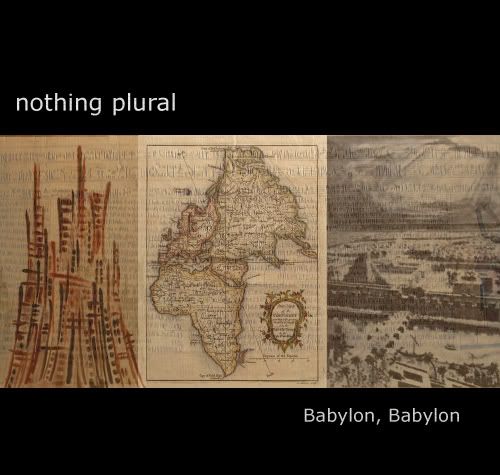A man of Hawaiian-Pacific descent is arrested and charged with violation of Executive Order 9066. A civil rights lawyer bails him with $5,000 against a misdemeanor charge, but even after the bond is posted, the accused man is not released to his attorney but is sent hundreds of miles away to a camp in Utah where he is to remain for an indefinite period of time with others people of the same group of which he is accused of belonging.
The man is a United States citizen with no criminal record. He is engaged to an Italian-American woman who is also a citizen. There is no specific question of his loyalty to the United States beyond his violation of the Executive Order. He is 23 years old.
Fred Korematsu was a testing ground for fighting the Japanese American internment in the western U.S. during World War II. He lost.
Justice Hugo Black, writing the majority of the opinion said :"It should be noted, to begin with, that all legal restrictions which curtail the civil rights of a single racial group are immediately suspect."
“It is said that we are dealing here with the case of imprisonment of a citizen in a concentration camp solely because of his ancestry, without evidence or inquiry of his loyalty or good disposition towards the United States… Regardless of the true nature of the assembly and location centers… To cast this case into outlines of racial prejudice, without reference to the real military dangers which were presented, merely confuses the issue.”
The Justices of the Supreme Court in 1942 used the Constitution, a document which is meant to grant an entire universe of rights and liberties to American citizens and deny and disparage none, to inter a man against his will who was accused of no felony, for an indefinite period of time because we was Japanese. In fact, no Constitutional provisions were included in the majority decision, because none could possibly justify Mr. Korematsu’s internment.
At this point in history, only Mr. Justice Murphy’s dissent is considered to be important. Saying
that the exclusion of Japanese peoples from the western United States
“goes over ‘the very brink of constitutional power’ and falls into the
ugly abyss of racism.
This decision is something of a black eye for the Court and is rarely referred to outside certain Constitutional Law circles. But it’s very, very important. Here’s why:
“That this forced exclusion was the result in good measure of this erroneous assumption of racial guilt, rather than bona fide military necessity is evidenced by the Commanding General's Final Report on the evacuation from the Pacific Coast area. In it, he refers to all individuals of Japanese descent as ‘subversive,’ as belonging to ‘an enemy race’ whose ‘racial strains are undiluted,’ and as constituting ‘over 112,000 potential enemies . . . at large today’ along the Pacific Coast. In support of this blanket condemnation of all persons of Japanese descent, however, no reliable evidence is cited to show that such individuals were generally disloyal.” (emphasis mine)
But this is the kicker. Despite Justice Murphy’s eloquent eloquence on behalf of the Japanese people and really, all aggrieved minority races - the troubling bit is that Korematsu remains active and uncontested precedent.
I want you to take a second and think about that.
This case has not been overturned, moderated, mitigated or even really discussed in any substantive official capacity by the United States government. Ever. The law of your land right now - at this very second – is such that the President may choose to inter U.S. citizens on racial grounds during wartime. And guess what? In September, we’ll have been in wartime for ten straight years with no end in sight.
Korematsu himself sought to have his own conviction overturned and President Clinton eventually awarded him the Congressional medal of freedom, which I’m sure was a very nice token of recognition for Mr. Korematsu. The problem is, our enmity for the Japanese has melted into a cuddly, prosperous and culturally open relationship.
Unfortunately, our relationship with the Muslim (especially Arab and Persian) world lacks the same warm tones. A video which was shown to Navy recruits during World War II and tell me you don’t hear some familiar language:
"The army of Japan is a well-trained and sternly disciplined force of fanatics filled with reckless courage inspired by a primitive moral code that promises a man who dies in battle an immortal life among the Shinto Gods.”
Let me replace a couple words:
"Al-Qaeda is an wholly indoctrinated and sternly disciplined force of fanatics filled with reckless courage inspired by a primitive moral code that promises a man who dies in battle an immortal life among 77 virgins in the loving embrace of Allah.”
Honestly, the rhetoric is nearly identical and the justifications all the same.
I don’t think I’m wrong in assuming that most people in this country consider the Japanese internment an embarrassing part of our shared history – a humiliation of overreaction. And yet, here we are with this Goddamn ticking time-bomb of a case that says we’re only willing to grant rights to any given race insofar as we perceive no threat from them.
The only thing more embarrassing than the internment itself is the fact that we stand ready - at this moment – to repeat the mistake should the circumstances turn.






